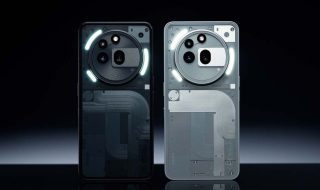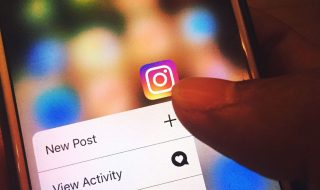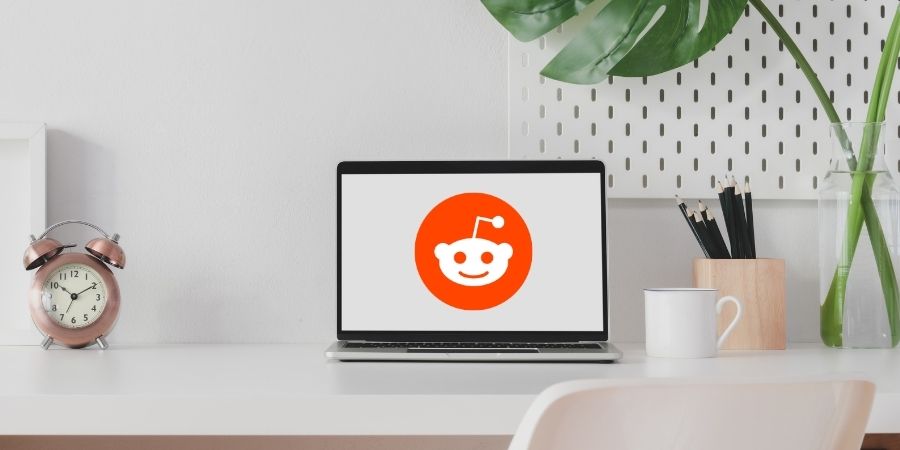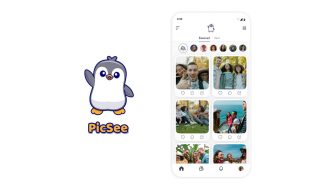Nothing has always presented itself as a brand that values clean software and user control. When Carl Pei launched the company, one of its biggest promises was a pure, minimal, and ad-free smartphone experience. However, the company’s latest update, Nothing OS 4.0 Beta, marks a noticeable change in direction.
The new update, which is now rolling out for Phone (3a) and Phone (3a) Pro, introduces Lock Glimpse, a new lock screen experience, and for the first time ever, pre-installed third-party apps.
The highlight of the new update is Lock Glimpse. It lets users view beautiful, high-quality wallpapers across nine different categories directly on the lock screen. By swiping left, users can browse new images and even access curated content.
The feature is optional and turned off by default. Nothing has assured users that no personal data is collected, and that future updates will allow more customization, such as replacing wallpapers with personal photos.
Nothing’s co-founder Akis Evangelidis described this as part of the company’s effort to make smartphone use more “delightful and meaningful.” In a blog post, he said, “We aim to integrate features in the most optimal way, while keeping everything under the user’s control.”
Alongside Lock Glimpse, the OS 4.0 Beta introduces pre-installed third-party apps. This is a major shift for Nothing, which previously marketed its phones as bloatware-free and cleaner than most Android alternatives.
Evangelidis explained that this change is being tested only on non-flagship models, like the Phone (3a) series. The apps being added are described as curated and popular, with examples like Instagram. In some cases, these apps might even enhance device functionality, such as improving camera performance or offering better content-sharing options.
He also said the company is operating on “razor-thin margins”, and such decisions are necessary to maintain financial sustainability while continuing to offer high-quality devices.
For longtime followers of Nothing, this decision is interesting and a bit surprising. Carl Pei and his team have often spoken against bloatware and ads in smartphones. When the first Nothing Phone was launched, the company made it clear that it would never fill devices with unnecessary apps or system ads, a subtle jab at companies like Xiaomi, Realme, and Samsung, which are known for aggressive monetization strategies.
The reality is that the smartphone business is brutal. Hardware margins are shrinking, competition is fierce, and even major brands rely on recurring revenue from software and services. For a relatively small company like Nothing, which does not have a large ecosystem of apps or services like Apple or Samsung, finding ways to stay profitable without compromising quality is tough.
Including third-party apps, even if carefully selected, could be a way to generate additional revenue through partnerships or promotional deals, helping Nothing offset costs without raising prices.
This is a common practice across the industry. Many brands bundle select apps or services in exchange for financial incentives from partners. If Nothing can do this without compromising the user experience, it might help the company survive and grow in the long run.
Evangelidis ended his blog post by saying the company will remain transparent about these decisions and continue to take user feedback seriously. That is an important statement, especially for a brand whose reputation depends so heavily on openness and design purity.
If Nothing can prove that these additions are truly useful, optional, and respectful of user choice, the brand might just succeed in evolving its OS without losing its soul. But if it slips even slightly toward ads, pop-ups, or forced app deals, it risks undoing the trust it has worked so hard to build.












